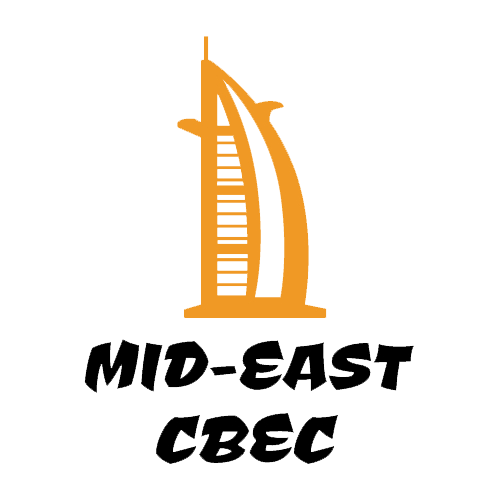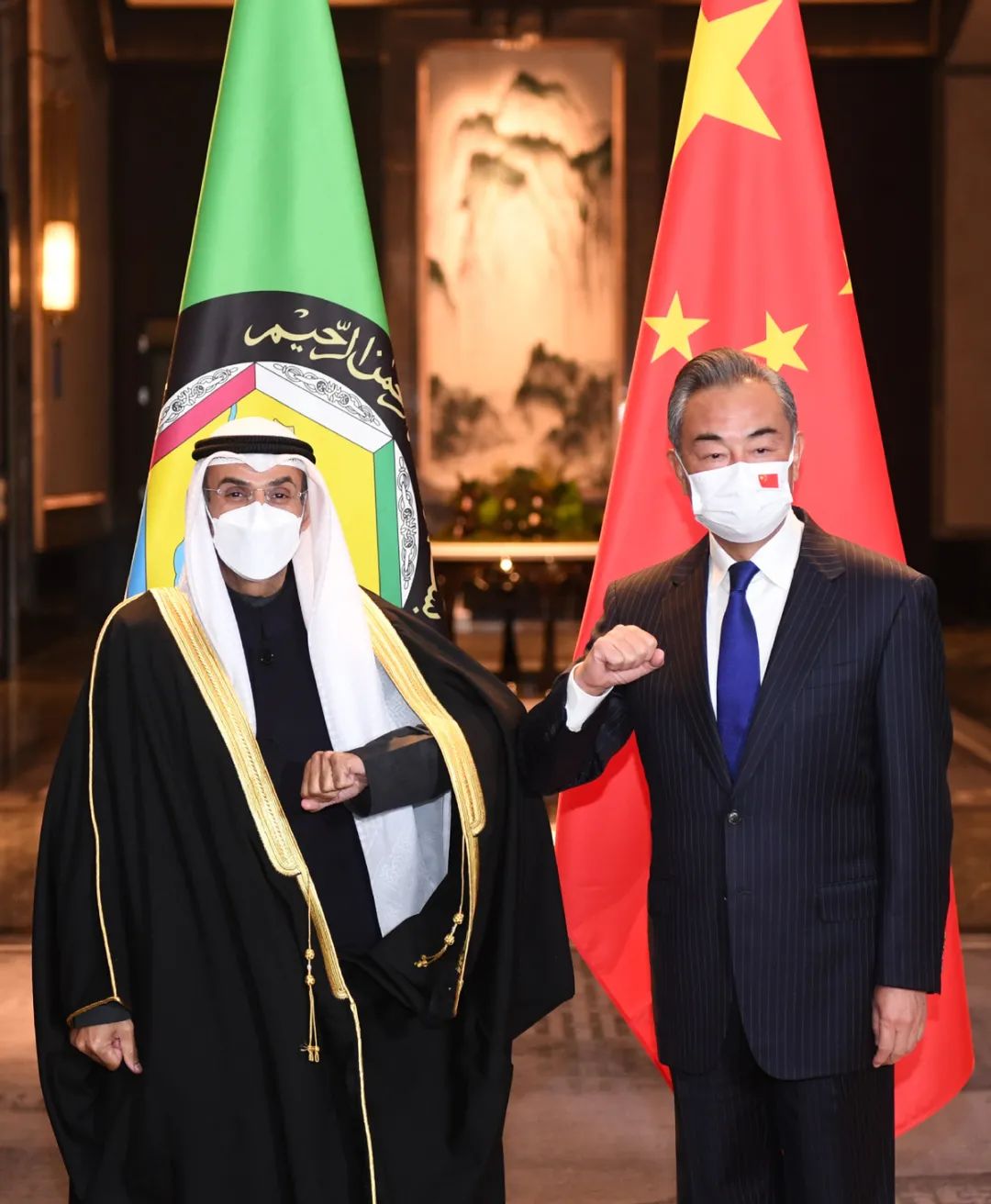China replaces the EU as the largest trading partner of the GCC
China replaces the EU as the largest trading partner of the GCC

As of 2020, China has replaced the European Union as the largest trading partner of the Gulf Cooperation Council. Saudi Arabia is the largest crude oil supplier to China in 2021. Its neighboring UAE has become an important platform for Chinese goods to be re exported to the region and Africa.
In addition, Qatar has become an important natural gas supplier to China.
In an interview with Arab News, Mohammad Suderi, the head of the Asia Research Program at the King Faisal Research and Islamic Research Center, pointed out that the general assessment of the entire Gulf Cooperation Council is that its relationship with China is much more important than before, as it has become a top partner at the group level.

Robert Mogilniki, senior resident scholar of the Arab Gulf States Institute in Washington, said that China also plays a key role in the development of the non oil sector in the region.
China and the GCC have strong complementarity in many fields. This includes tourism, telecommunications, artificial intelligence, smart cities, renewable energy, and other technology driven industries.
Tang Tianbo, a researcher at the China Institute of Modern International Relations, stated in an interview with Arab News that reciprocity, mutual understanding, and predictability are the most important aspects of the relationship between the GCC and China.
win-win
He said, "The GCC is crucial to China's energy security, and China provides a stable export market for the GCC. This is a win-win relationship, and he added that the GCC and China never impose anything on each other. Both sides acknowledge and defend each other's independence and their own choices
He also emphasized that the relationship between the two countries is "pragmatic, stable, and constantly developing", which is very valuable in a world full of uncertainty
Al Sudairi stated that member states of the Gulf Cooperation Council also compete with each other to obtain trade and investment flows from China into the region.
Although the United Arab Emirates has been at the forefront of this field since 2004, other GCC member states have followed suit, linking their national development plans with China's "the Belt and Road" initiative (also known as the "the Belt and Road" initiative).
They have designated Jizan in Saudi Arabia, Duqqam in Oman, and Silk City in Kuwait as key areas for Chinese enterprises to operate, and have expanded China's trade and investment to the Middle East and East Africa.
Mogilniki said in an interview with Arab News that "China's digital Silk Road completely overlaps with the technology oriented development plans of the Gulf region, especially in Saudi Arabia, the United Arab Emirates, and Qatar
He pointed out that these governments and their state-owned entities have a large amount of financial resources and are tasked with the rapid development of the digital economy. Mogilniki said, "Chinese companies are willing partners who provide cost-effective and high-quality services that can be completed in a short period of time
Tang Tianbo emphasized that China can bring added value to the GCC in areas such as e-commerce, Industry 4.0, and new energy. China and the GCC can cooperate in areas where China has a competitive advantage and the interests of the GCC.
Promoting economic transformation
CICIR researchers stated that China's technology and manufacturing equipment can contribute to the economic transformation of the Gulf Cooperation Council and create more job opportunities in non oil industries.
Sovereign wealth funds are also strengthening China's relationship with the Gulf. For example, Mubadala in Abu Dhabi, China Development Bank Capital, and the State Administration of Foreign Exchange of China established a $10 billion UAE China Joint Investment Fund in 2015. Recently, Gulf sovereign wealth funds have increasingly allocated a larger share of their investment portfolio to China.
However, bilateral relations still face many challenges. The GCC is not fully integrated into China's "the Belt and Road" initiative. Mogilniki said, "Rather than saying that the the Belt and Road has not been extended to the GCC, the GCC is not the central component or final destination of the main economic corridors of the the Belt and Road."
Some projects and initiatives in the Gulf Cooperation Council are marked as part of the "the Belt and Road". However, he said that he was skeptical of the economic windfall of the "the Belt and Road" initiative for the region in the next few years.
"It is important to remember that the 'the Belt and Road' initiative emerged in the context of increasingly close economic relations between China and the Gulf - it is not the starting point for strong economic ties."
Despite the government's efforts to do so, there is still a general lack of economic diversification in the Gulf region. In the Gulf Cooperation Council, the oil and gas sector still dominates the economy, accounting for the majority of national income. Given that China is considered a major energy consumer, this has led to indirect dependence on China.
Most Gulf countries rely on different trading partners for crude oil exports. However, according to data provided by Mogilniki, Oman is highly dependent on China, which purchased 83% of Oman's oil transportation in the first half of 2021. The power of bilateral relations ultimately comes from diversification - mainly through the diversification of trade flows or foreign investment.
Mogilniki said, "The Gulf Arab economies will benefit from a more diversified export portfolio to China - in addition to hydrocarbon commodities. Gulf officials and business people also hope to see China invest more in non oil sectors of their economy
Chinese capital
In addition, due to the Middle East attracting only 2% to 3% of Chinese investment in the past decade, attempts to attract Chinese capital have not gained momentum.
For Tang Tianbo, the GCC is considered a high-end market with considerable purchasing power, strong desire for new products, and fierce competition.
Companies must try and provide the best products and services in order to succeed. Compared to Western countries, China is a latecomer in the GCC, and there are many areas to learn and adapt to
Thank you to all subscribed users for their love
Please indicate the source when reprinting the article
Respecting copyright is more about respecting you and me



